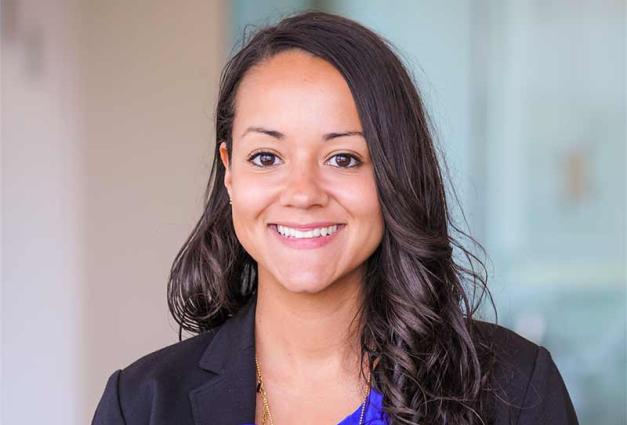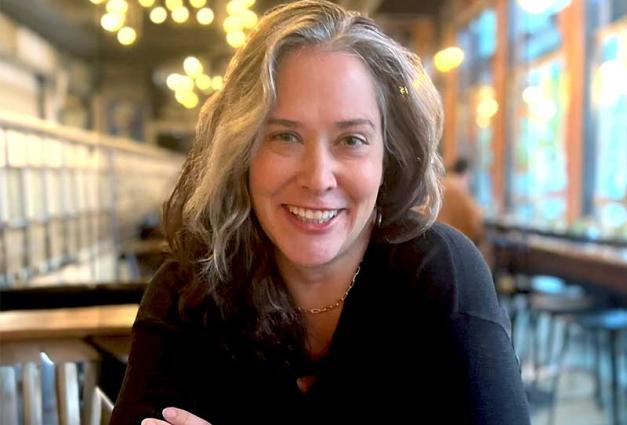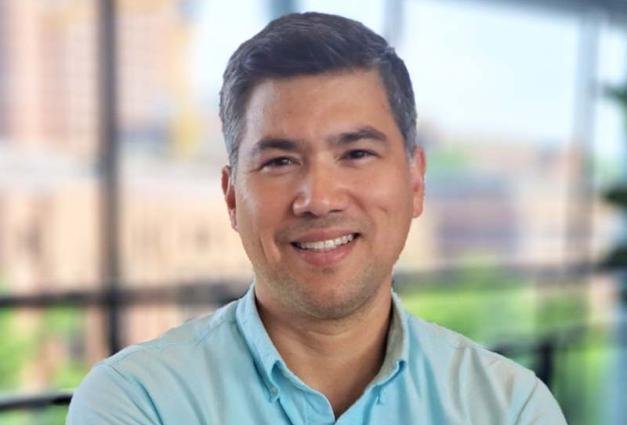Sean Laurent is an Assistant Professor of Psychology in the Social area at Penn State University. His primary interests are in how non-psychologists think about social concepts like hypocrisy, intentionality, and morality, and how people use information about others' beliefs, desires, and goals to make social and moral judgments. He is currently an Editorial Fellow at the Journal of Personality and Social Psychology: Attitudes and Social Cognition and a Consulting Editor at Personality and Social Psychology Bulletin.
What led you to choose a career in personality and social psychology?
My path to social psychology was a strange one. I enrolled in community college with the goal of becoming a meteorologist or geologist and was turned toward psychology by a professor in a medical ethics class that I took mostly because it sounded interesting. Then, like many undergraduates who decide to major in psychology, I thought I wanted to be a therapist. This changed when I took an honors social psychology course taught by Paula Pietromonaco at UMass Amherst. The topics we covered in that class fascinated me, as did a realization that people could scientifically study the complexity of human behavior.
Briefly summarize your current research and any future research interests you plan to pursue.
Currently, one of my main focuses is on how people use information about people's beliefs and desires to think about and evaluate the "bad" behaviors of others when those others weren't aware they could cause harm or weren't particularly trying to cause any harm (e.g., negligence, recklessness). I am also quite interested in how people integrate qualitatively different forms of social information to form impressions of others and try to anticipate their behavior and have been studying a set of interconnected questions that involve how people think about the concept of morality. In the future, I could see myself applying what I've learned on these topics to some of the pressing issues humans are currently grappling with, such as how to deal with climate change and live with the possibility of machine intelligence.
Why did you join SPSP?
Mostly, it was a way of connecting with other people who were interested in the same sorts of things that interest me.
What is your most memorable SPSP Annual Convention experience?
There have been many great conventions—each of them has been a joy in its own unique way. Probably, my most memorable one was in 2020 (in New Orleans), though, particularly since it was right before everything was shut down for COVID-19. I remember being in a symposium and chatting with Azim Shariff about free will. We shook hands and he noted that it was strange to be doing so at that moment because COVID was about to get really bad. I hadn't been thinking that far ahead, but he was certainly correct. I also remember going for a great lunch with Roger Giner-Sorolla and thinking afterward how it was strange to have been in this crowded restaurant not even thinking about what was soon to come.
Do you have any advice for individuals who wish to pursue a career in personality and social psychology?
Find questions that excite you and work on those. It might not always capture what is currently "hottest" but you'll really enjoy your career!
Outside of psychology, how do you spend your free time?
Right now, aside from having fun being silly with my two 7-year-old twins Alora and Darien, I am having a lot of fun trying to become good at playing disc golf. If only I had started playing 20 years ago!




